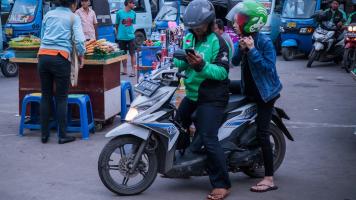
Article
Indonesia Needs to Strengthen Startup Ecosystem to Ensure More Companies Survive the ‘Valley of Death’
Improving quality of incubators and accelerators, financial access for early-stage startups, and talent development are needed to bolster startups, says ADB report.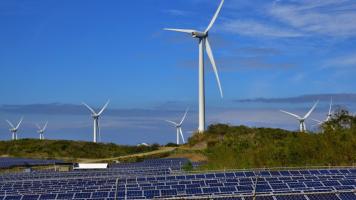
Article
Can Renewable Energy Certificates Increase Clean Energy Investments in BIMP-EAGA Countries?
A grant-supported study is looking into the market potential of tradeable certificates and how countries can set up a regional system.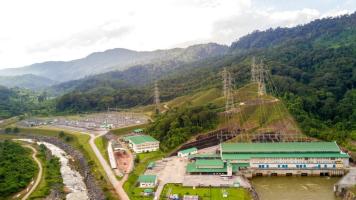
News
Energy Ministers Push for Expansion of ASEAN Power Grid and Trans-ASEAN Gas Pipeline
The planned Brunei Darussalam–Indonesia–Malaysia–Philippines Power Integration may be the next multilateral power trading project.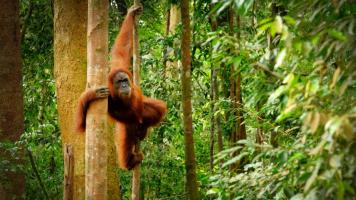
Article
Alam Sehat Lestari: Linking Conservation and Human Health to Preserve Borneo’s Rainforests
An Indonesian nonprofit provides affordable healthcare and alternative livelihoods in West Kalimantan to encourage local communities to protect and preserve climate-critical forests.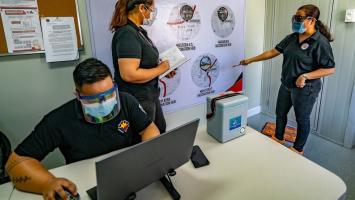
Article
Building Resilience in Health Care and Social Welfare Systems through Big Data and AI Solutions
Policymakers, health and social sector planners, and ICT professionals shared lessons and best practices at a training program in Seoul.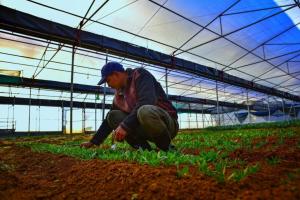
News
Korean-Backed BIMP-EAGA Fund Opens Fourth Grant Cycle
Grants ranging from $100,000 to $500,000 in store for eligible projects that support bolstering connectivity, environment, tourism, or agriculture in BIMP-EAGA.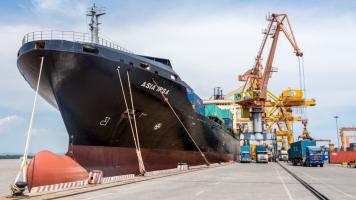
News
Southeast Asia’s Growth Slows on Weak External Demand
Low demand for manufacturing exports affected particularly the more open, bigger, and trade-oriented economies.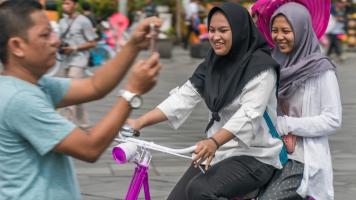
News
Embracing the Future of Tourism with Digital Technologies
Tourism officials from Southeast Asia learn about smart tourism technologies in the Republic of Korea.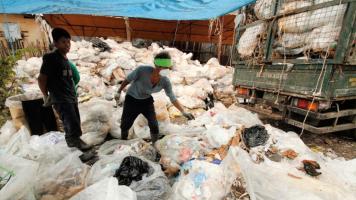
Article
Why ASEAN Is Shifting to a Circular Economy
Adopting sustainable consumption and production practices will have multiple economic and social benefits, such as creating green jobs and reducing pollution.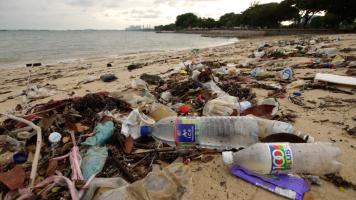
News
